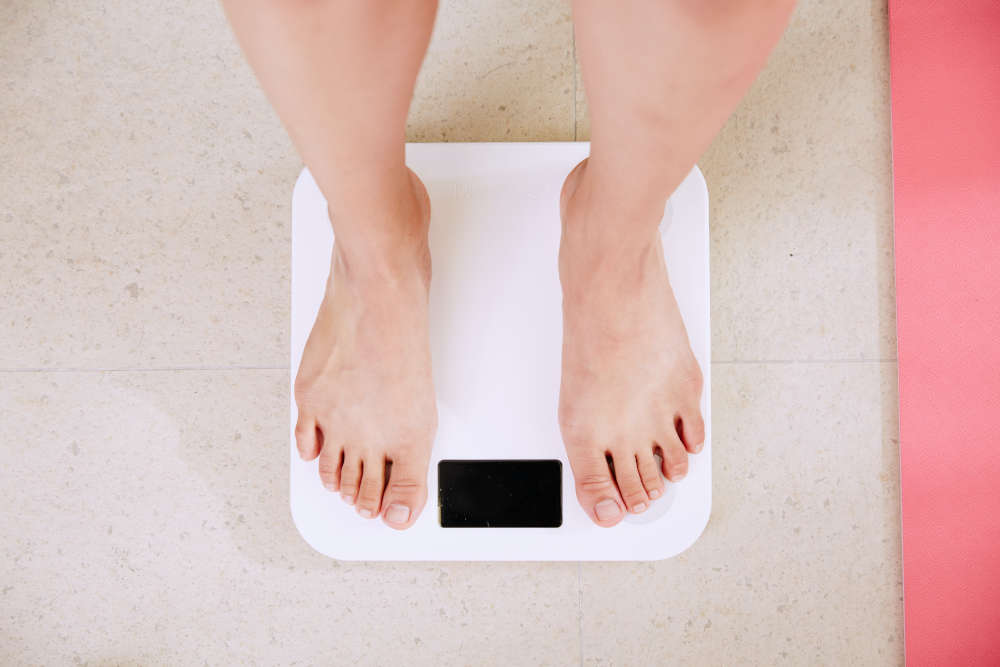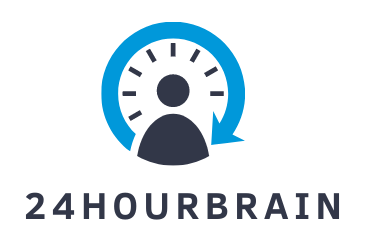Intermittent fasting allows you to lose weight in a healthy manner, as opposed to long fasting cures or crash diets. Once you’ve found the right interval fasting method for you, it’s also simple to incorporate into your daily routine.
What Exactly is Intermittent Fasting?
It is critical to understand that intermittent fasting is not a type of dieting. It is a part of a long-lasting way of life. Once you begin, you should continue for as long as possible. The longer you fast, the greater the benefits of intermittent fasting.
Intermittent fasting is the practice of going without food and caloric beverages for short periods of time (days or hours). Intermittent fasting can be done in a variety of ways, including the 16:8, 5:2, and 2-day diets.
- The 16:8 method requires you to fast for 16 hours and eat for 8 hours. This is achieved by skipping one meal, either breakfast or dinner.
- The 5:2 fast requires you to eat normally for five days and fast for two non-consecutive days.
- The 2-day diet is similar to the 5:2 diet, but the two fasting days are directly followed by each other.
Intermittent fasting is used to lose weight permanently. It has been demonstrated that fasting causes something akin to a cell recycling program. This is known as “autophagy.”
This process, among other things, is extremely beneficial to the intestinal flora. Consult your doctor before beginning interval fasting.

Intermittent Fasting Mistakes—What Can I Do Wrong?
Fasting on alternate days is actually quite simple. You are not required to track your calorie intake. However, in order to lose weight, certain rules must be followed. You will achieve your goal with patience and the right eating habits, as well as avoiding stress and getting enough sleep.
The following are the most common mistakes made during the fasting period:
1. Rushing to Lose Weight or Setting Unrealistic Goals
Intermittent fasting isn’t a quick fix! It can take up to three weeks for the first visible effects to appear. The body requires time to adjust to the new diet.
Intermittent fasting is a gentle and healthy method of weight loss.
Weight loss from intermittent fasting is long-term, as opposed to diets that promise quick weight loss results. We frequently make the mistake of expecting more from our bodies than they are capable of.
2. Lack of Physical Activity or participation in Sports
It is not only dieting that is important for successful weight loss. You should also exercise for 30 to 40 minutes, two to three times per week. It is less important what sport you participate in. It is only necessary that you find a sport that you enjoy.
Endurance sports like swimming, jogging, or cycling help you burn fat faster. The increased muscle mass requires more energy and aids in weight loss.
3. Inadequate or Excessive Calorie Consumption During the Fasting Period
Many people make the mistake of eating normally during the eating phase and not paying attention to what they eat. Fast food and sweets are not forbidden, but they should be consumed in moderation if you want to lose weight.
Consume as many natural and whole foods as possible while intermittent fasting.
Aside from eating too many calories, eating too few calories can also contribute to failure. Your body then stores the fat reserves as a form of defense. The lack of food slows digestion and prevents fat burning.

4. The Incorrect Foods
Diet and health are inextricably linked. It is recommended that some foods be eliminated or reduced in order to achieve the best results with Intermittent Fasting.
- Include the following foods in your diet only in moderation:
- Products made from white flour.
- Sausage and meat.
- Ready-made sugar products
- Soda beverages
- Potato chips and sweet
Instead, opt for whole grain products, complex carbohydrates, and protein-rich foods. They give the body enough energy to allow for successful interval fasting. Calorie-free drinks and black coffee are permitted liquids.
5. Inadequate Sleep
Getting enough sleep is essential for metabolism and fat breakdown. The body goes without food for an extended period of time while we sleep.
This is because the hormone leptin causes satiety. When you don’t get enough sleep, your body produces less leptin, which can lead to cravings.
This causes you to feel hungry even though your body does not require energy at this time. As a result, aim for six to eight hours of sleep per night.
6. The Wrong Fasting Method For Your Lifestyle
Intermittent fasting is simple to incorporate into your daily routine if it fits your lifestyle. The Intermittent Fasting 16:8 method is when you don’t eat for 16 hours and then eat for 8 hours.
You can divide the 8 hours in which you may eat. You can skip either breakfast or dinner if it is more convenient for you. Some people, for example, find it easier to skip dinner and start the day with a healthy breakfast the next day. You can also eat your first meal at 10 a.m. and your last meal at 6 p.m.
Aside from the 16:8 method, another type of interval fasting is the 5:2 method. This entails eating normally for five days and fasting almost completely for two days. You can approach 1000 kilocalories per day on only 500 kilocalories here. So, 5 days of regular food and 2 days of fasting.
7. Stress
Stress causes our bodies to enter a state of emergency. The stress hormone cortisol is abundant in the body.
This hormone raises blood sugar levels while also encouraging the development of fat cells and the breakdown of muscles. It can also result in the unfavorable yo-yo effect.
When you’re under a lot of stress, your body needs energy right away, so it attacks the muscles you need to lose weight.

8. A Fluid Deficiency
Drinking plenty of fluids is the key to successful weight loss, just as it is with other fasting methods and diets. It is best to drink two to three liters of water or unsweetened tea throughout the day.
Drinking during a meal break reduces hunger and aids in the elimination of toxins.
Your body requires fluids to function properly.
9. Inconsistency in Fasting
Discipline is required for intermittent fasting. If you reach for sweets or chips after a few hours, you reduce your chances of losing weight with the fasting method.
It can be difficult to keep up, especially in the beginning when your biorhythm goes crazy and the feeling of hunger torments you in the evening.
Most of the time, the body adapts quickly to a new diet, and the feeling of hunger goes away.
10. Intermittent Fasting as a Diet
The most common mistake with intermittent fasting is viewing the dietary form as a diet and expecting quick results.
Any change to your diet takes time to see the effects of and get good results from.

Common Questions About Mistakes in Interval Fasting
How long do I have to do interval fasting for it to work?
A: It is difficult to say because everyone has different starting requirements. However, we recommend a minimum of three weeks to see the first positive effects.
Is intermittent fasting more difficult than other methods of weight loss?
A: No, intermittent fasting is the most tolerable and easiest form of weight loss to incorporate into daily life. For example, I skip breakfast, which is very easy for me.
Is it permissible to have a cheat day during intermittent fasting?
A: No, a cheat day does not provide relief; rather, it increases the risk of breaking the fast for a longer period of time.
Fasting for a longer period of time Cheat days should be avoided at all costs.
How much water should I drink while fasting?
A: A good starting point is 2-3 liters of water. It could be more, depending on your level of physical activity. Never drink less than 2 liters.
Can I drink coffee or tea during my fast?
A: Unsweetened coffee or tea may be consumed. Please do not use low-calorie sweeteners!
Can I have milk in my coffee while fasting?
A: No, milk, including plant milks like oat milk, raises insulin levels. This breaks the fast.
Does it make sense to forego extra calories during the eating phase?
A: No. You require energy to keep your muscles working and your brain functioning properly. Otherwise, you risk losing concentration and muscle mass.
Can I eat sweets or potato chips during the eating phase?
A: These foods should be avoided in general because they cause insulin levels to rise quickly, triggering a feeling of hunger again. This is not conducive to weight loss.
What if I can’t keep the times exactly on one day?
A: This isn’t a big deal, and it shouldn’t happen all the time. When the times are strictly adhered to, intermittent fasting works best.


